The No-Cookie Diet: Life after 3rd Party Cookies on Chrome
When Google announced earlier this year that they would be slowly phasing out support for third party cookies on their Chrome Browser, it caught many by surprise. Apple and Mozilla had already made similar announcements, but the news felt particularly stunning coming from a company that possesses two thirds of the consumer browser market, and a model focused squarely on digital marketing and intelligence.
Initial reactions from marketers have been tentative. On the one hand, the news is clearly disruptive, and Google’s scale means their decision will have significant and lasting impact. So much of our ecosystem is (and has been) based on cookies that it is hard to imagine not having them around; they are the core tool enabling today’s programmatic, behavior-based targeting.
On the other hand, there is an upside. Google’s move is clearly a step forward in reclaiming some anonymity online, and more privacy is in many ways a boon that will make many consumers feel better about online shopping.
Current business practices may not be harmful to consumers, but they can certainly feel invasive. For example, if I’m shopping for a natural moisturizer for my wife on Weleda, I’ve expressed interest in that brand. It doesn’t seem odd to me when I see other ads for them across the internet. It does feel a little off, however, when I start to see ads for their competitors, companies in which I’ve not explicitly expressed interest.
Future-Proofing
However you look at it, a world without third party cookie support is simply going to be our new reality. The initial thought pieces we’ve seen in response to Google’s news have mostly been focused on how to maintain the status quo as we move forward. It’s important that we also start seriously thinking about how we need to change and evolve our approach based on the new reality we will face.
Fortunately, we have some time to prepare. The changes will roll out slowly, over time. Google knows that a change of this magnitude would lead to chaos if done hastily. So, in the short-term, the value in using behavioral targeting leveraging cookies still exists, and it is of course not in our best interest to give up on that strategy too early. But at the same time, we need to be actively future-proofing how we manage marketing communications moving forward. There are several things we should be considering.
First Party Data
First party data will be the biggest competitive advantage that separates the best digital marketing companies from the rest in an increasingly programmatic ecosystem.
Many marketers are increasingly looking under their own hood and now realize all data is not the same. They have sites that are robust enough that actionable segmentation is possible based solely on the data they are able to gather, and the consumer insights they are able to generate will continue to play an important role in opening up marketing’s full potential to better engage with consumers.
Contextual Targeting
With cookie-based behavioral targeting, the importance of context has diminished – marketers can simply find someone they know is likely to respond to communications and follow them around the web until they do. This is such a common tactic that it has become part of what makes consumers uncomfortable. As third-party cookie support is phased out, context will return as a primary indicator of consumer interest and intention. Smart strategies should include evaluating contextual keyword lists, as they will only increase in importance when it comes to identifying where and how to engage target markets.
Quality Over Quantity
Building on the same phenomenon, because it is inexpensive to push out banners programmatically, it has become common to over-rely on high volume strategies. With the elimination of third party cookies, marketers should be thinking about deeper partnerships with publishers, creating content that is relevant to the location it will be placed. It will also be increasingly important that creative and content are well crafted. Earned media will become more important again as well, and the quality of communications in general will need to rise.
It is hard not to lament the irony of Google’s announcement coming just as it feels like our strategies and toolsets for leveraging cookies have finally, truly reached maturity. Still, this news does not mean the end of digital marketing. Far from it – the reform simply changes the rules of the game.
What it means for brands is that:
Marketing agencies will be as important as ever.
Data-driven approaches are crucial.
As marketers, we know that data should continually inform our creative – and vice versa.
Read Related - Finding the Balance Between Creative + Data in Marketing
A special thanks to Blake for providing his perspective on the future of data collection for marketers moving forward. To find out more about The Shipyard, check out their site here.


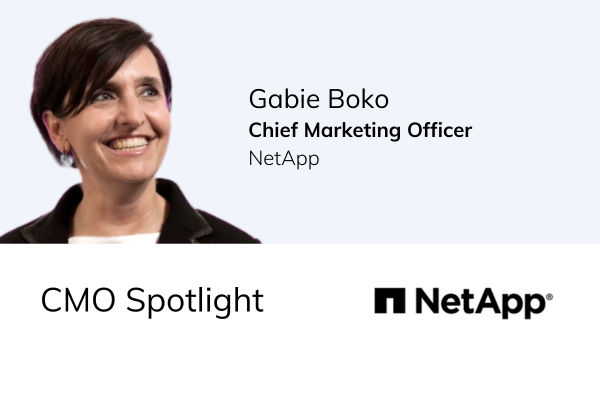


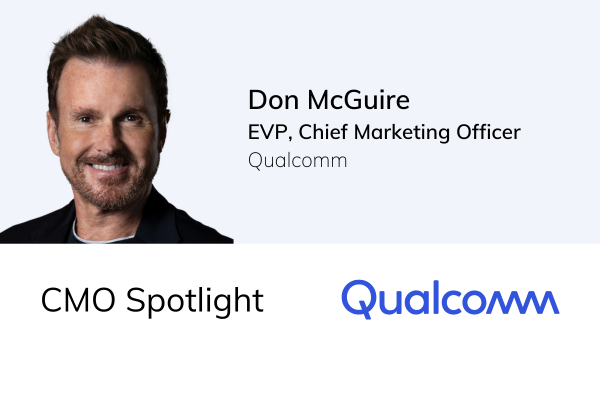
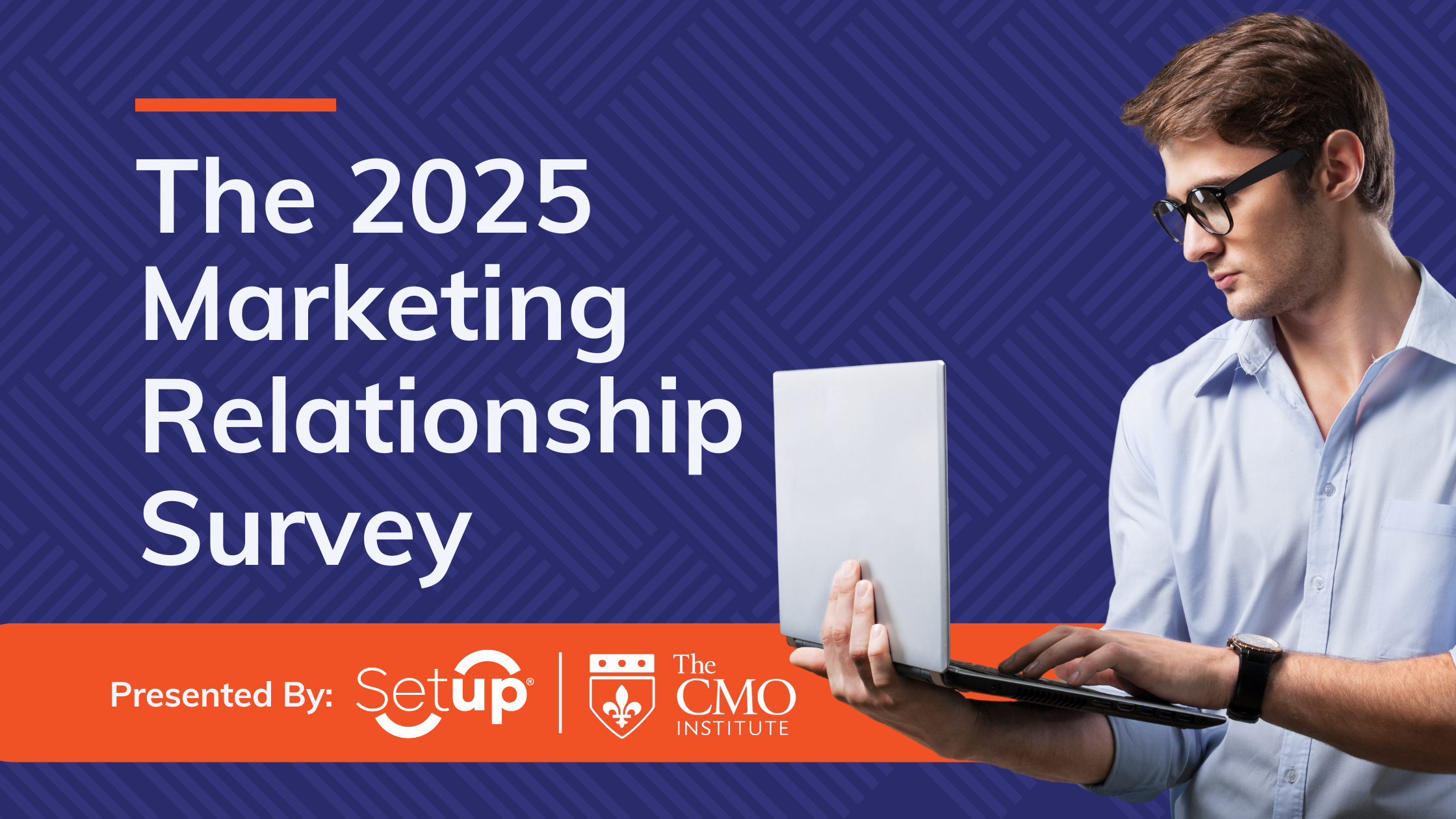
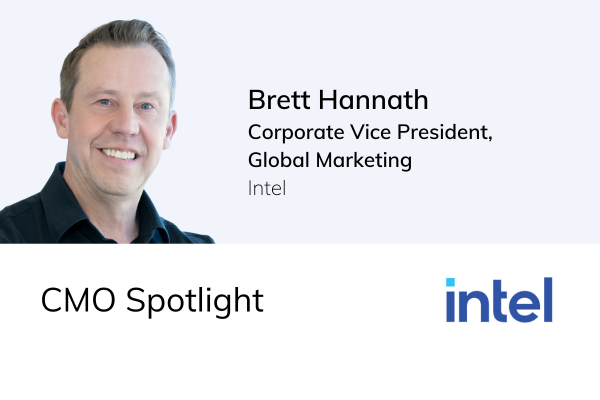
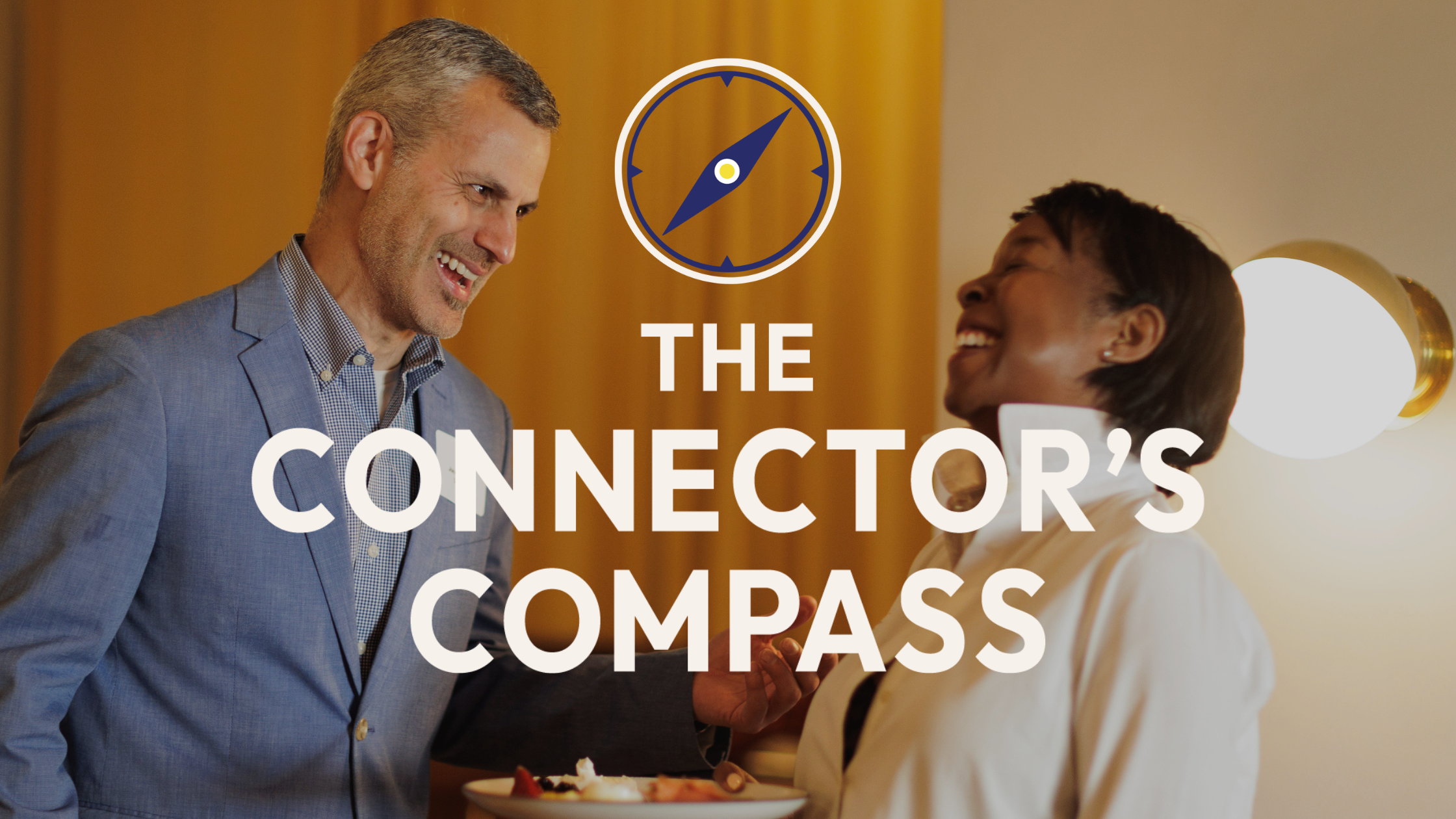


Setup’s 2025 Marketing Relationship Survey gives marketers a rare, honest look into what brands and agencies say is working and what quietly destroys partnerships.
The truth is that relationships fail because of patterns, mistakes that pile up over time, even after multiple warnings. So here are the most common red flags and green flags in the agency-client relationship based on what real marketers are telling us.